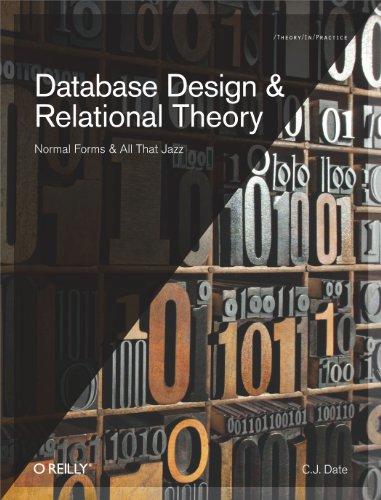Question
(5 pts) The IPv4 (version 4) protocol in TCP/IP uses (4) address groups (dotted decimal) to form an IP routing address The values in these
(5 pts) The IPv4 (version 4) protocol in TCP/IP uses (4) address groups (dotted decimal) to form an IP routing address The values in these 8-bit groups is written as decimal numbers. IPv4 within your computer also defines and uses a Network Mask (NetMask) to mask off some of the bits in the IP address. The IP address is ANDed with the NetMask to form a Network address for your computer.
Convert the following IPv4 Address and NetMask to binary2 and perform the AND operation to create your computers Network address.
Example:
IPv4 Address: 192.16.0.12 = 11000000. 00010000. 00000000. 00001100
NetMask: 255.0.0.0 = 11111111. 00000000. 00000000. 00000000
ANDed Result = 11000000. 00000000. 00000000. 00000000
Answer:
Network Address: 192.0.0.0
Write the your local Network address in the (4) address groups (dotted decimal) form given for your IPv4 Address and NetMask.
IPv4 Address: 172.21.183.124 =
NetMask: 255.255.240.0 =
Network Address:
(5 pts) Encapsulation is an important property in the TCP/IP protocol suite. Label the blank TCP/IP Frame packet sections using a sub-set of the list shown below.
IP Header
User Data
Ethernet Trailer
TCP Header
Ethernet Header
TCP/IP Frame
|
|
|
|
|
|
(5 pts) Define the following network terms:
Domain Name System (DNS):
Dynamic Host Configuration Protocol (DHCP):
The four layers of the TCP/IP protocol:
Application:
Transport:
Network:
Link:
Sockets:
Encapsulation:
(5 pts) The Open System Interconnection (OSI) model attempts to define and standardize data communications. List the seven layers of the OSI network model and Define the layers properties.
Layer 7:
Layer 6:
Layer 5:
Layer 4:
Layer 3:
Layer 2:
Layer 1:
(5 pts) Define the five (5) class layers of IPv4 AND list how many distinct network addresses and numerically possible for each class. Assume for this problem that no addresses are reserved for special purposes.
Class A:
Class B:
Class C:
Class D:
Class E:
(5 pts) Compute the CRC for a message to be transmitted M(x) = 101101110 and a generator polynomial G(x) = x3 + x2 + 1. Polynomial degree n = 3.
Reminder: pg366 states the transmitted frame is divided by the polynomial and the remainder is the CRC digits appended to the transmitted frame for error detection. This is achieved with a bit-by-bit XOR operation between the divisor and the dividend. The magnitudes of the divisor and dividend do not play a role in determining whether the divisor goes into the dividend at the location of a particular digit. All that matters is that the number of bits in the divisor (which has no leading zeros) matches the same number of bits in the dividend (which also must not have leading zeros at the position being checked.)
Book Example Problem 9.8:
Polynomial is of degree n = 3, therefor the CRC remainder is 3 digits, These 3 digits must be added to the end of the transmitted frame before calculating the CRC dividend = frame bits + crc bits = 9 bits + 3 bits = 12 bits
1101 |101100110 000
1101
01100
1101
0001011
1101
0110 0
1101
0001 000
1 101
0 101
CRC = 101 The entire frame to be transmitted is 101100110 101
Answers:
CRC =
The entire frame to be transmitted is:
Step by Step Solution
There are 3 Steps involved in it
Step: 1

Get Instant Access to Expert-Tailored Solutions
See step-by-step solutions with expert insights and AI powered tools for academic success
Step: 2

Step: 3

Ace Your Homework with AI
Get the answers you need in no time with our AI-driven, step-by-step assistance
Get Started


